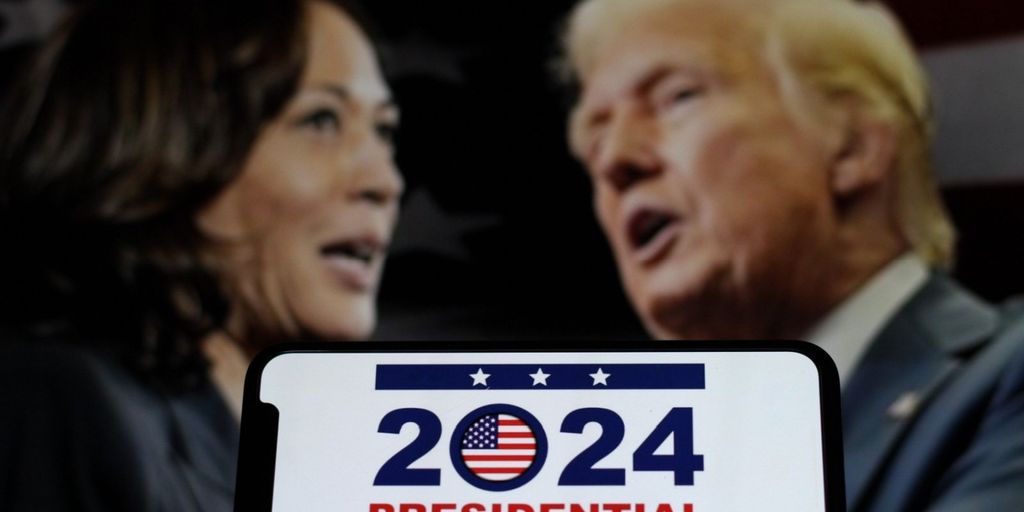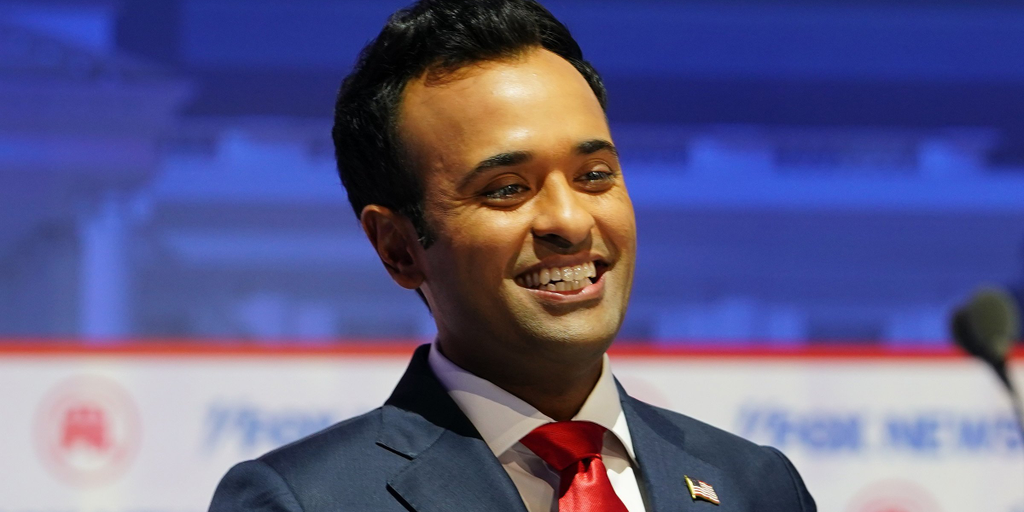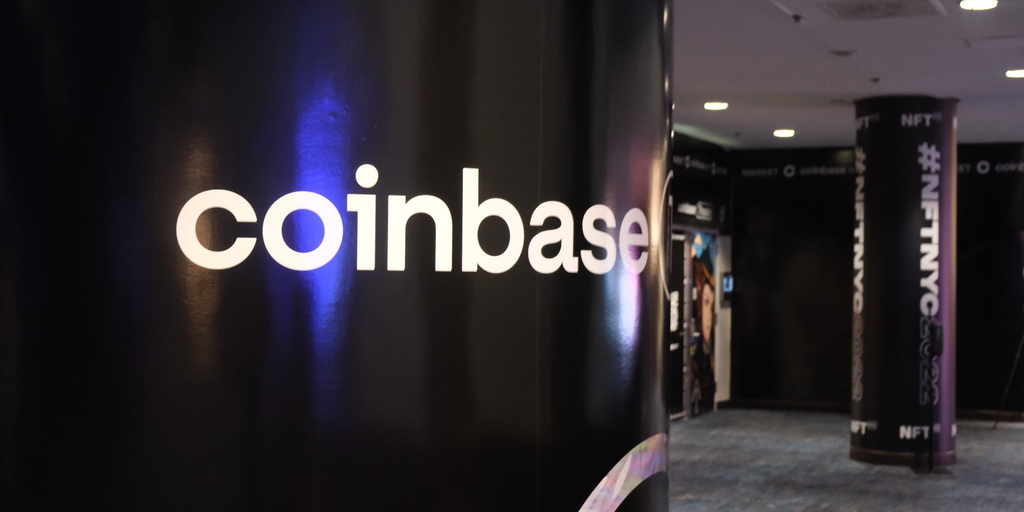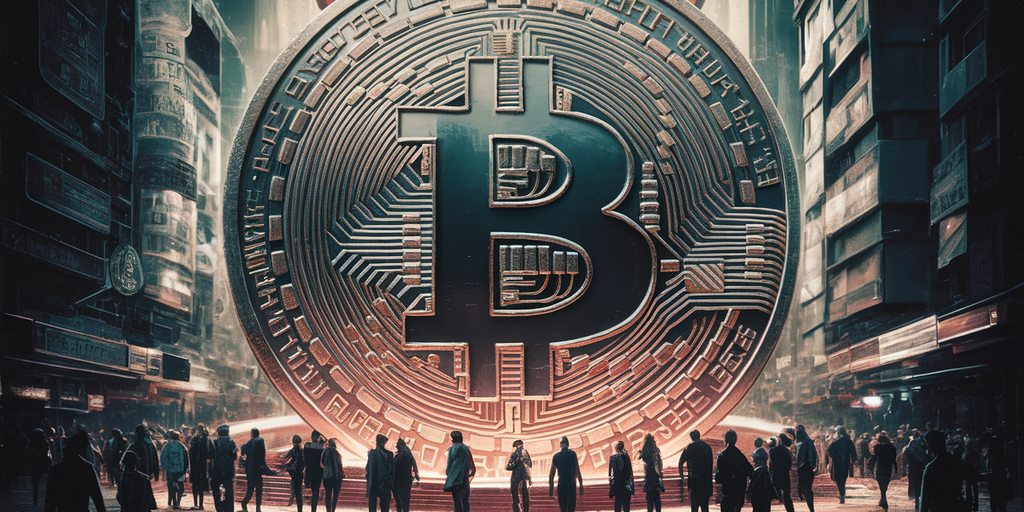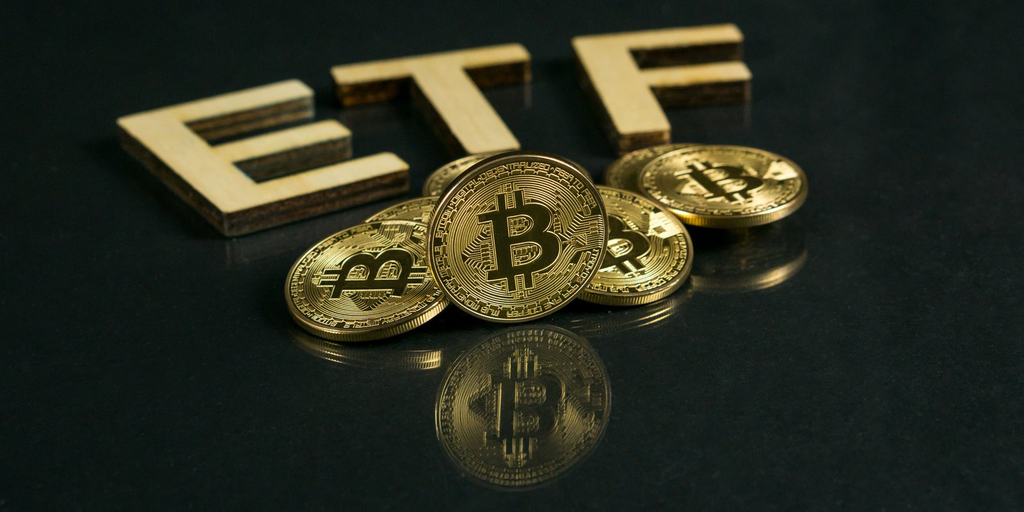The International Monetary Fund (IMF) highlighted some potential issues surrounding a proof-of-stake (PoS) approach to blockchain infrastructure as part of a recent paper, making suggestions for a regulatory framework that could limit global digital asset risks.
PoS is an alternative to the proof-of-work (PoW) consensus mechanism, which Bitcoin uses, and the older pre-merge version of Ethereum used.
Instead of dedicating hardware resources to secure the network, such as in the case of PoW, PoS “validators” stake the network’s native cryptocurrency to validate transactions on the blockchain.
The paper touched on how PoS “could create an excessive concentration of decision-making powers on crypto exchanges and wallet services providers, which may increase market integrity risks” despite the potential energy savings. It also highlighted how PoW mining requires significant energy, which could counteract the “global aim of transitioning to a low-carbon economy.”
Regarding tech regulation in general, the paper said regulators should take a “technology-neutral approach” but should also “consider the regulatory implications of different forms of technology” as “certain types of consensus mechanisms that underpin blockchains may inherently generate frictions with broader policy objectives and mandates” saying a “technology-neutral approach may not be sustainable going forward.”
IMF, FSB and crypto
The report also made a host of other recommendations, including calling on the Financial Stability Board (FSB) to step up, saying that it is “well placed to take the lead in coordinating and establishing global standards to support national regulation of crypto assets.”
The FSB was established in 2009 in the immediate wake of the 2008 credit crunch.
Working out of Basil, Switzerland, the organization monitors and makes recommendations about the global financial system, and it has been described as “a fourth pillar” of worldwide economic governance alongside the International Monetary Fund, the World Bank, and the World Trade Organization.
The report went on to say that the “financial stability risks of crypto assets may not yet be globally systemic, but the growing systemic implications can already be seen in some countries,” and it identified a significant increase in the correlation between crypto assets and financial assets during periods of market stress, drawing from its own research.
Key steps outlined in the paper include ensuring “key centralized entities that carry out core functions be licensed and authorized” and that authorities might want to consider the risks around “volatility, market awareness, product knowledge and understanding, and how the crypto assets are used.”
Throughout the paper, the IMF emphasized the importance of international collaboration, saying that the “cross-sector and cross-border dimensions of crypto assets make domestic and international coordination and cooperation key,” more so than “in the case of many traditional financial activities.”
Without this linked-up approach to regulation, there could potentially be a risk of “a race to the bottom by regulators and policymakers” and also of there being limited means of addressing “regulatory arbitrage by financial entities,” according to the IMF’s report.
However, the IMF was clear that “regulation should not be seen as stifling innovation but rather as building trust.”
Stay on top of crypto news, get daily updates in your inbox.
Source link




